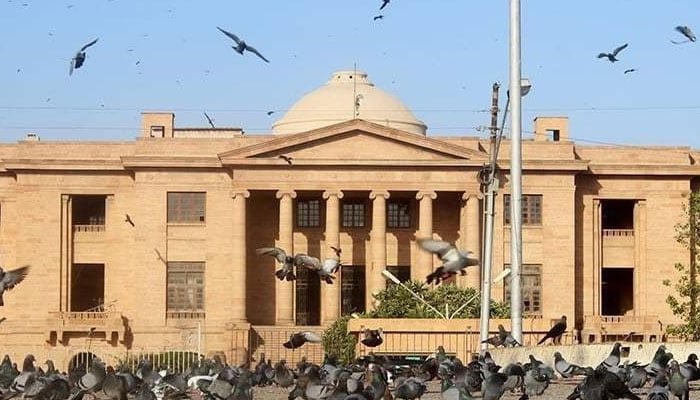In a recent development, the Sindh High Court has deemed the property tax collection initiated by Cantonment Boards as illegal. This decision follows a hearing on a petition challenging the imposition of property taxes by the Cantonment Boards.
During the hearing, the counsel representing the Cantonment Boards argued that after the 18th amendment, the boards no longer had the authority to collect property taxes. It was highlighted that on December 4, 2018, notices were issued to various shops, instructing them to collect property taxes by the end of the day on December 31, 2018. The Cantonment Boards had issued demand notices in December 2018, and in January 2019, they began exerting pressure for property tax collection. However, the petitioner’s counsel contended that according to Article 142 of the constitution, property taxes cannot be imposed. After the 18th amendment, the Concurrent List and Fourth Schedule were abolished, limiting the Cantonment Boards’ power to collect toll fees, property taxes, and similar charges.
After hearing the arguments, the court ruled in favor of the petitioners, declaring the property tax collection by Cantonment Boards as illegal. The court emphasized that after the 18th amendment, the Cantonment Boards could only reclaim residential properties for which taxes had been previously levied.
Despite this ruling, the court deferred the implementation of its decision for three days in response to the plea from the Cantonment Boards’ counsel. This legal development signifies a significant shift in the landscape of property tax collection by Cantonment Boards in the region, raising questions about the legal standing and authority of such boards in imposing financial burdens on residents and businesses. The implications of this decision may have broader consequences for local governance and tax policies in the province.



